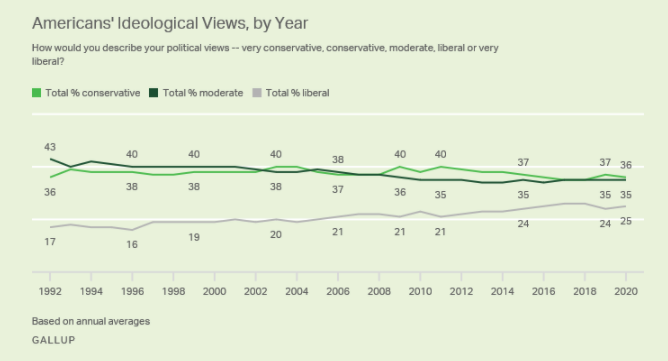
The world is now in the 15th year of the democratic recession.
And 2020 was worse than the previous 14 years.
My latest, about a bitter annual report from @freedomhouse, for @TheAtlantic.
Thread.
theatlantic.com/ideas/archive/…
And 2020 was worse than the previous 14 years.
My latest, about a bitter annual report from @freedomhouse, for @TheAtlantic.
Thread.
theatlantic.com/ideas/archive/…
For the past 15 years running, more democracies have moved towards autocracy than vice versa.
In 2020, 73 countries experienced democratic declines.
Only 28 made gains.
In 2020, 73 countries experienced democratic declines.
Only 28 made gains.
Worse, some of the most populous democracies in the world have suffered some of the most precipitous declines.
As of 2020, India has been downgraded to "partly free."
Less 1 in 5 people in the world now live in a free country.
As of 2020, India has been downgraded to "partly free."
Less 1 in 5 people in the world now live in a free country.
The report also drives home how many stories of hope have now been dashed.
The Arab Spring has long since turned into a bitter winter.
Hopes for democratic reform in Ethiopia and Myanmar are fading or gone.
Dictators in Belarus and Venezuela have survived potent challenges.
The Arab Spring has long since turned into a bitter winter.
Hopes for democratic reform in Ethiopia and Myanmar are fading or gone.
Dictators in Belarus and Venezuela have survived potent challenges.
Please read my whole article and the whole report from FreedomHouse.
It's important.
But this graphic captures the extent and the rapidity of the decline better than a thousand or ten thousand words.
[End.]
It's important.
But this graphic captures the extent and the rapidity of the decline better than a thousand or ten thousand words.
[End.]

• • •
Missing some Tweet in this thread? You can try to
force a refresh







